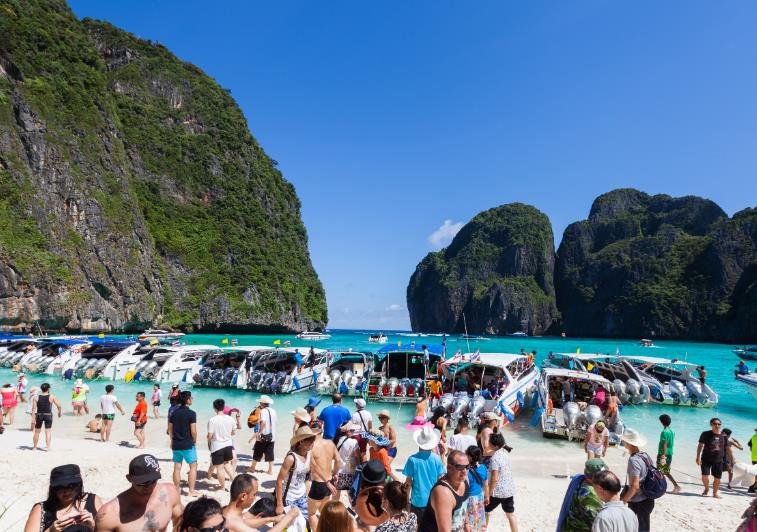The Pacific Tourism Organisation (SPTO) has recently emphasized the importance of regional cooperation in enhancing the business environment within the tourism sector. This initiative aims to foster sustainable tourism practices and improve economic resilience across Pacific Island nations. By leveraging collective efforts, the SPTO seeks to address common challenges and promote a cohesive strategy for tourism development. This collaborative approach is expected to yield significant benefits for the region, including improved infrastructure, environmental conservation, and economic growth.
Regional cooperation is crucial for the Pacific Islands, where tourism is a major economic driver. The SPTO has been actively working to strengthen partnerships among member countries to create a unified front in addressing tourism-related challenges. By pooling resources and expertise, these nations can develop more effective strategies for sustainable tourism. This collaborative effort also helps in sharing best practices and innovative solutions that can be adapted to local contexts.

One of the key areas of focus is the development of a regional tourism policy framework. This framework aims to provide guidelines for sustainable tourism practices that can be implemented across the Pacific. It includes measures to protect natural resources, promote cultural heritage, and ensure the economic benefits of tourism are distributed equitably. The SPTO believes that a coordinated approach will enhance the overall competitiveness of the region as a tourist destination.
In addition to policy development, the SPTO is also facilitating capacity-building initiatives. These initiatives aim to equip local stakeholders with the skills and knowledge needed to implement sustainable tourism practices. By investing in human capital, the SPTO hopes to create a more resilient and adaptive tourism sector that can thrive in the face of global challenges.
Economic Benefits of Regional Cooperation
The economic benefits of regional cooperation in tourism are manifold. By working together, Pacific Island nations can attract more investment and funding for tourism projects. This can lead to the development of better infrastructure, such as airports, roads, and hospitality facilities, which are essential for a thriving tourism industry. Improved infrastructure not only enhances the visitor experience but also boosts the local economy by creating jobs and supporting small businesses.
Regional cooperation also enables countries to market themselves more effectively on the global stage. By presenting a united front, the Pacific Islands can create a stronger brand identity that attracts tourists from around the world. Joint marketing campaigns and promotional activities can highlight the unique attractions of the region, from pristine beaches to rich cultural heritage. This collaborative approach can help smaller nations that may not have the resources to market themselves independently.
Furthermore, regional cooperation can lead to more efficient use of resources. By sharing information and coordinating efforts, countries can avoid duplication of efforts and ensure that resources are used where they are most needed. This can result in cost savings and more impactful tourism initiatives that benefit the entire region.
Environmental and Social Impact
Sustainable tourism is not just about economic benefits; it also has significant environmental and social impacts. The SPTO is committed to promoting tourism practices that protect the natural environment and support local communities. Regional cooperation plays a vital role in achieving these goals by facilitating the exchange of knowledge and best practices.
One of the key initiatives is the development of regional guidelines for marine tourism. These guidelines aim to protect marine ecosystems, which are a major attraction for tourists. By implementing best practices for activities such as diving and snorkeling, the SPTO hopes to minimize the impact of tourism on marine life. This is particularly important for the Pacific Islands, where marine biodiversity is a critical asset.
In addition to environmental conservation, the SPTO is also focused on promoting social sustainability. This includes ensuring that tourism benefits local communities and respects their cultural heritage. Regional cooperation can help in developing community-based tourism initiatives that empower local people and provide them with alternative sources of income. By involving communities in tourism planning and decision-making, the SPTO aims to create a more inclusive and equitable tourism sector.
















